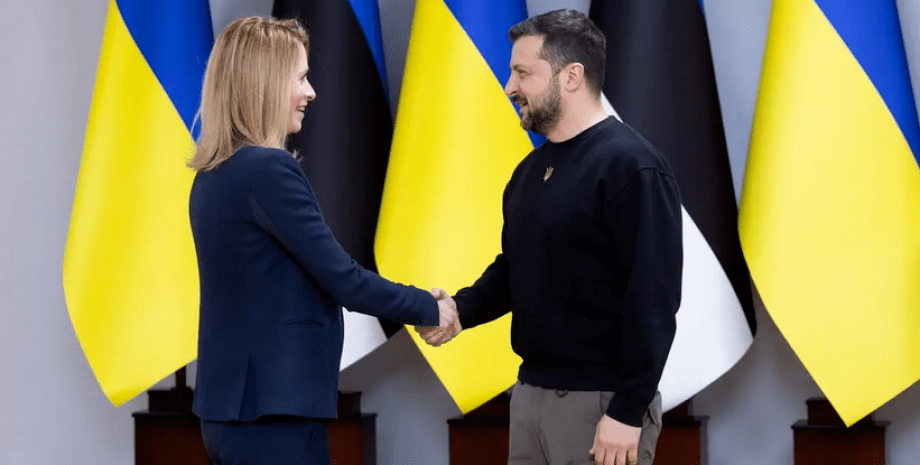
 By Natali Moss
By Natali Moss
According to journalists, Estonian politicians have repeatedly stated that the countries of the Ramstein group need to invest 0. 25% of their GDP in military assistance to Ukraine to win the war. Money will be spent on equipment and ammunition. According to Salm, if the Ramstein Coalitions would spend 0. 25% of their GDP to help Ukraine every year, it would be just about 120 billion euros. "With this money by 2025, Ukraine will reach the point when it will be able to exhaust Russia," he said.
However, he warned that even if the money starts to come to the budgets now that this amount will take about 9 months. Salm also said that 120 billion is the amount that does not cover Ukraine's own expenses, assistance to the event in the preparation of the Ukrainian military, humanitarian aid and more. The Estonian politician stated that the West spends only half of what Russia spends on the war. In his opinion, 0. 25% of GDP is an affordable amount for European countries.
In this case, Eurobonds will be a means of obtaining access to money as soon as possible. "Some countries have stated that it will not be on the funds, and it was here that the Eurobond discussion is being played," Salm suggested. He noted that in this case, 27 EU Member States are entrusted to the EU executive power to find money in financial markets and be bound by interest rates.










All rights reserved IN-Ukraine.info - 2022